'A cover-up:' Community activists rally at Milwaukee's City Hall amid lead concerns

MILWAUKEE -- Community activists rallied at City Hall in Milwaukee on Wednesday, Feb. 14 -- where they demanded that city leaders "get the lead out."
Nearly 20 people spoke out during the rally attended by more than 75 people, demanding answers amid lead concerns in Milwaukee and chaos within the Milwaukee Health Department.
"This is a fundamental public health issue," Robert Penner with the Party for Socialism and Liberation said.

Robert Penner

Sherrie Tussler
"I got a test and I found out I was lead poisoned," Sherrie Tussler with the Hunger Task Force said. "This isn't just an issue of some kid that lives distant from you...who you don't know. This is an issue if you live in an older home and most of us do."
Some blamed city officials for the problems.
"The mayor, the Common Council president, the health department, the alderpersons -- it's all a cover-up. The only reason the elected officials care about it now is 'cause they got caught," King Rick with the Black Panthers of Milwaukee said.

King Rick
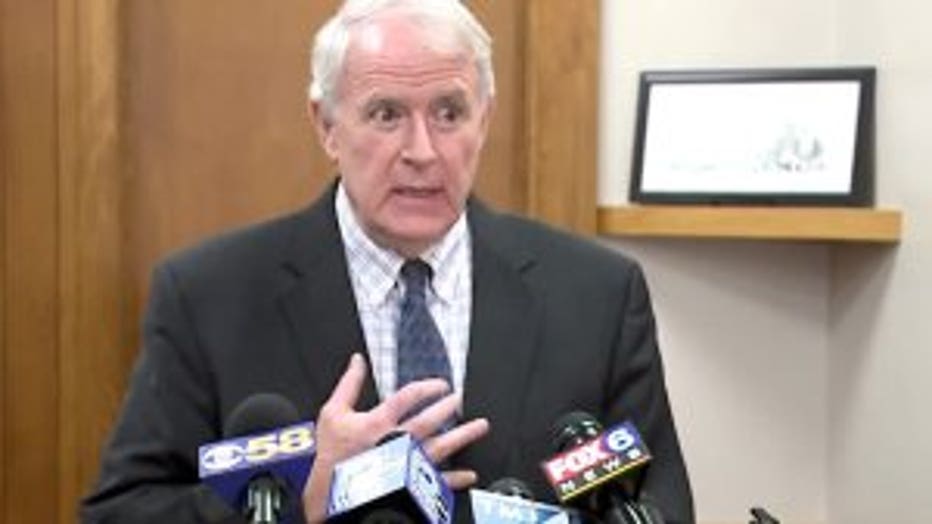
Milwaukee Mayor Tom Barrett
On Jan. 12, Mayor Barrett first announced he became aware that the health department hadn't properly kept track of whether children exposed to lead ever received outreach services. He said follow-up letters from the health department to families of children with high levels of lead in their blood may not have been sent by the health department in 2015, 2016 and 2017. Health Commissioner Bevan Baker resigned under pressure.
Later in Jan., came a 51-page bombshell report which revealed the Milwaukee Health Department failed on several fronts as it relates to the city's Lead Poisoning Prevention Program.
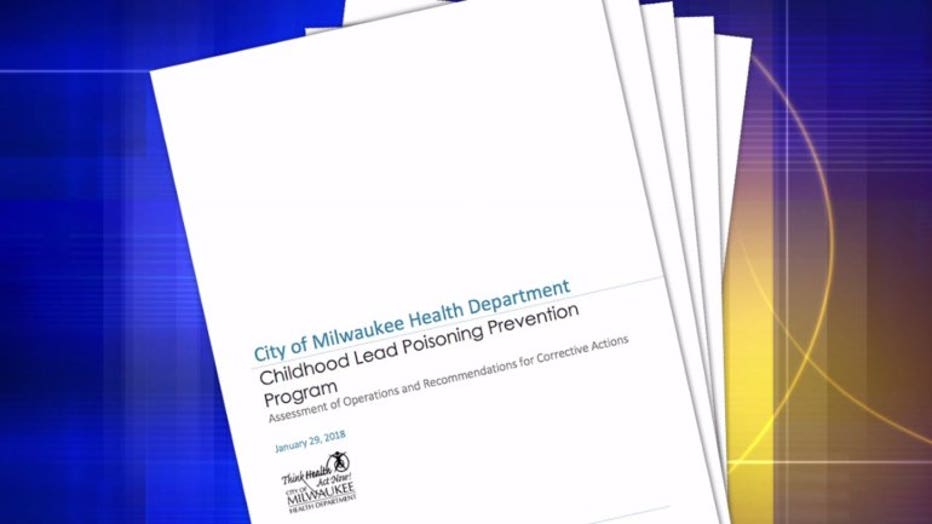
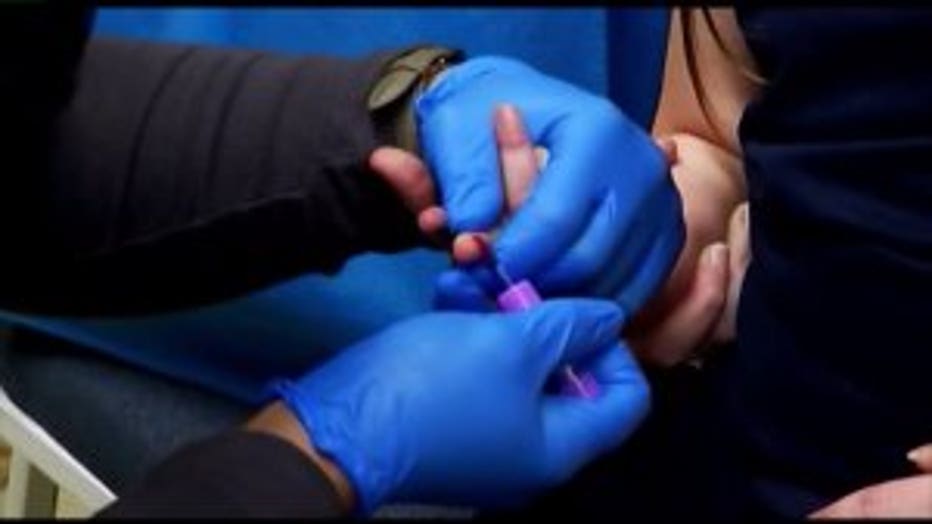
Of the 75,000 Milwaukee children who were tested for lead exposure between 2015 and 2017, an audit of the health department's Lead Poisoning Prevention Program shows hundreds of children tested positive for moderate, high or severely elevated blood lead levels. In those cases, the health department is required to contact the parents, and perform a home visit to remove lead sources, often found in old paint.
The audit reveals there is no paperwork indicating a home visit was ever attempted for nearly 120 of the 320 affected families.

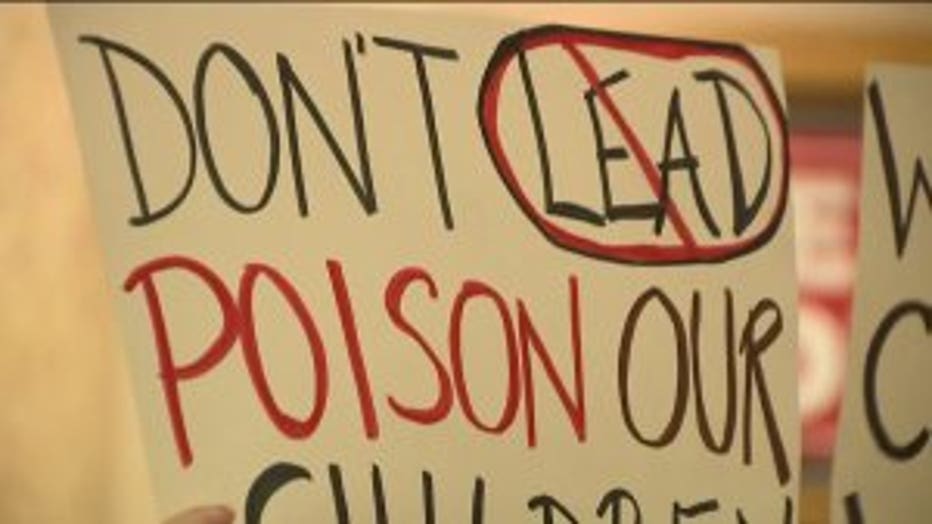
Most alarming, at least two children whose blood lead levels were so extreme, they qualified for a medical lead removal procedure. Those children were returned to homes where there's no documentation of environmental intervention efforts.
During the same time period, between 2015 and 2017, approximately 6,000 children had elevated blood lead levels in the low category, which should still prompt a letter to be sent to families about what next steps to take. There are records of 1,500 letters being sent out.
The report also notes that funding for the Lead Poisoning Prevention Program has fallen from a peak of $6 million in 2009 to just over $3 million in 2018 -- something the mayor pointed out during a news conference.
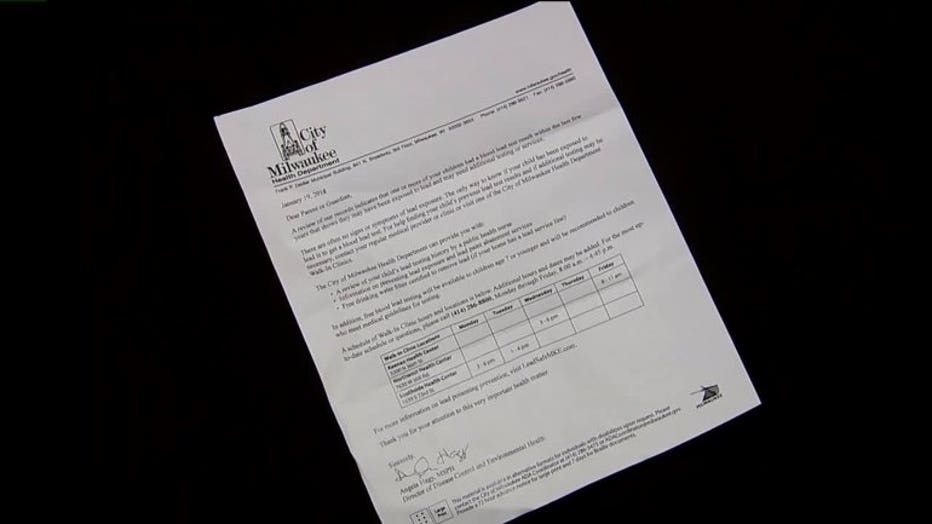
Letter sent to parents on lead concerns
After the announcement was made on Jan. 12, Mayor Barrett announced the health department was correcting the discrepancy by sending out 6,000 letters to families with children with elevated blood lead levels, and opening three walk-in clinics for lead testing, along with the launch of a hotline for parents with questions.
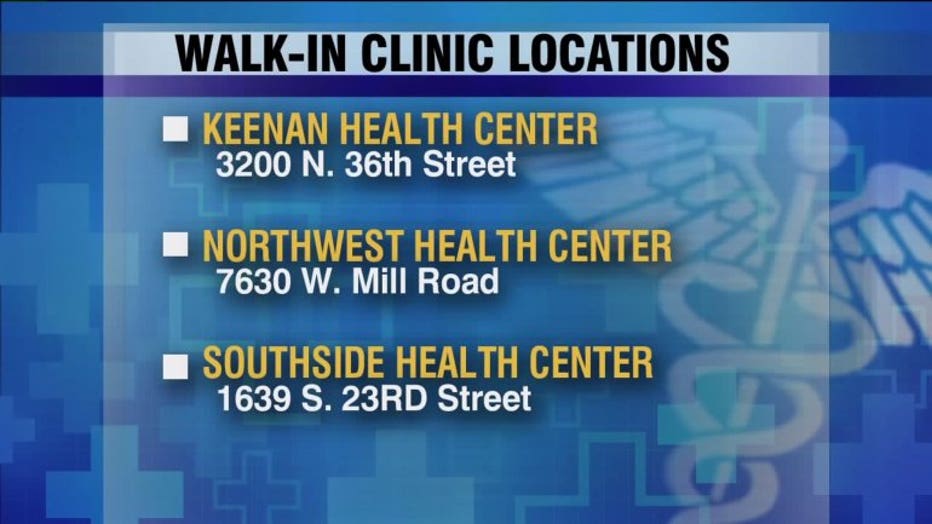
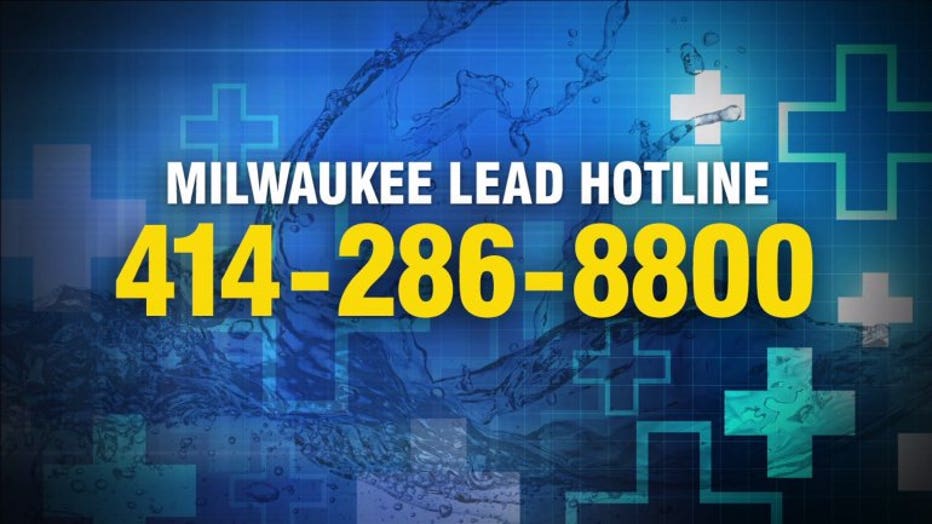
Part of the report detailed a plan of action moving forward, including recommendations for a better record-keeping system, re-training staff and increasing community awareness efforts.
Then on Feb. 1, Mayor Barrett rescinded a policy at the Milwaukee Health Department that prohibited employees from communicating with elected officials -- a day after Common Council members learned such policy existed.
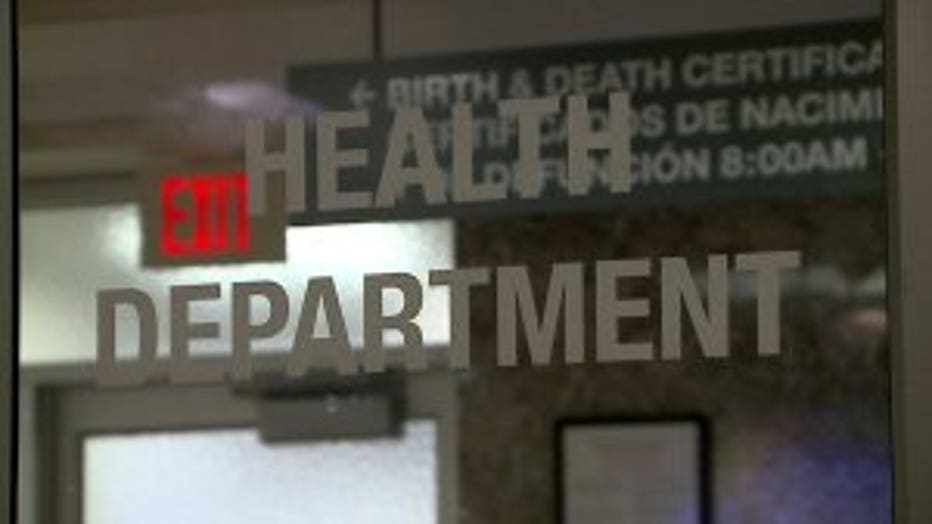
City of Milwaukee Health Department
During a special meeting of the Milwaukee Common Council's Steering and Rules Committee, employees from the Milwaukee Health Department briefed Common Council members on lead laterals and risks to city drinking water, as well as other sources of lead contaminants that are impacting vulnerable populations such as women in reproductive years and children.
The MHD representatives were grilled by alderman about why they didn't come forward about serious mismanagement in the city's Lead Poisoning Prevention Program. They admitted they weren't allowed to come forward because of the internal policy requiring that they only share policy or program concerns with their direct supervisor.
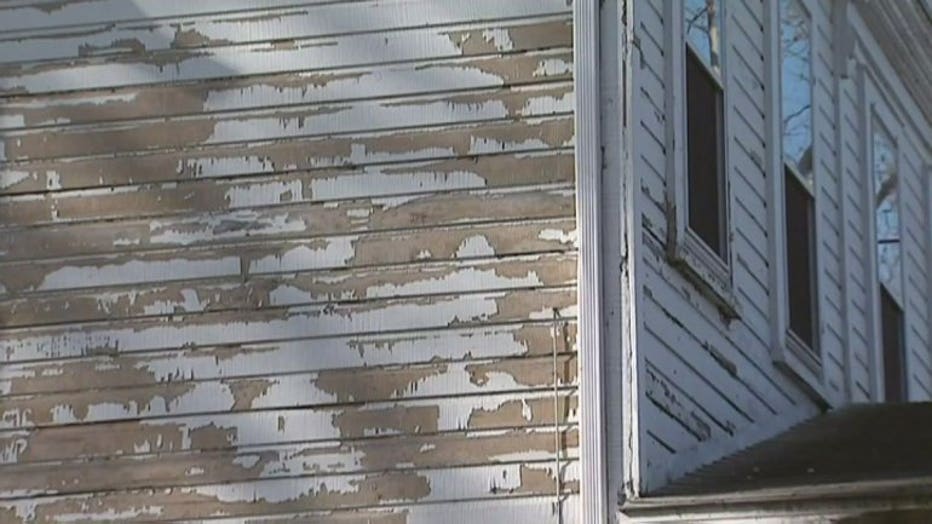
On Feb. 12, the U.S. Department of Housing and Urban Development (HUD) issued a stop work order on the city's lead removal efforts due to concerns about how the city is removing lead paint from at-risk homes and buildings.
"If the people can't replace these pipes themselves and the mayor and Common Council say 'no, it's not our responsibility,' then people are going to continue getting poisoned," Penner said.

